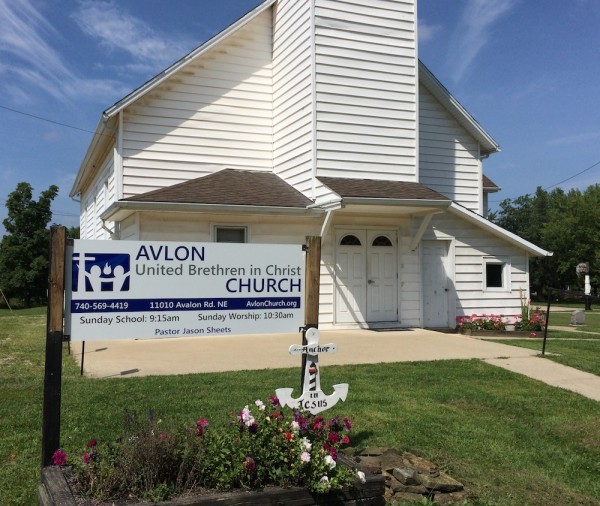02 Sep 30 Persons Baptized at Mill Chapel
 Marshall Woods (right), senior pastor, Mill Chapel UB church (Reedsville, W. Va.)
Marshall Woods (right), senior pastor, Mill Chapel UB church (Reedsville, W. Va.)
We have had many persons make first-time commitments to Jesus, and some rededications as well. As a result, we had a great baptismal service at the Cheat River. There were a total of approximately 30 baptisms.
We offer a class called Next Steps for new believers and persons just wanting a refresher course. God is doing great things at Mill Chapel.
About 250 people attended the church’s Back to School Bash. We rented outside play equipment, including a bounce house, obstacle course, and mechanical bull.
We also honored two ladies who have served Mill Chapel for many years: Thelma Huggins for teaching her Sunday school class, Nancy Yoke for playing piano.

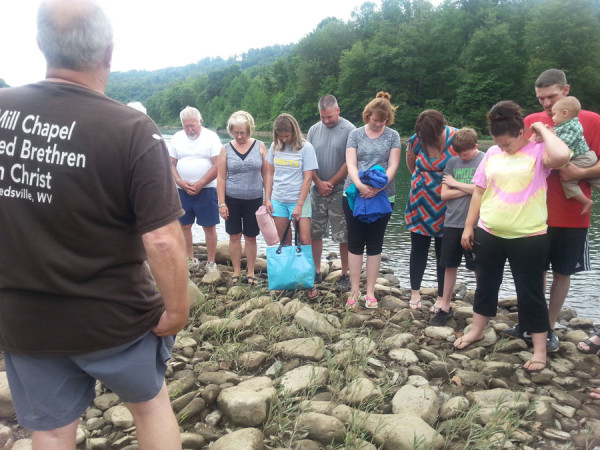
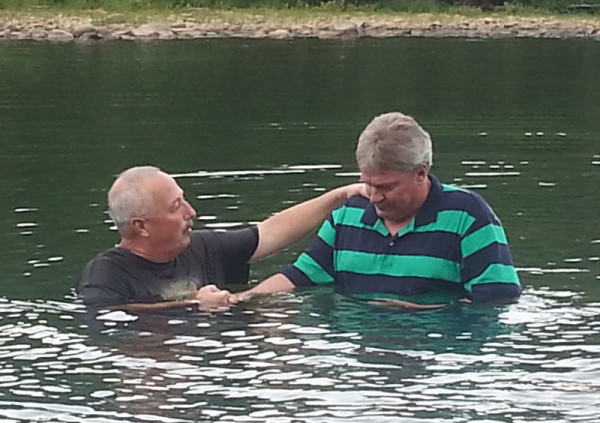

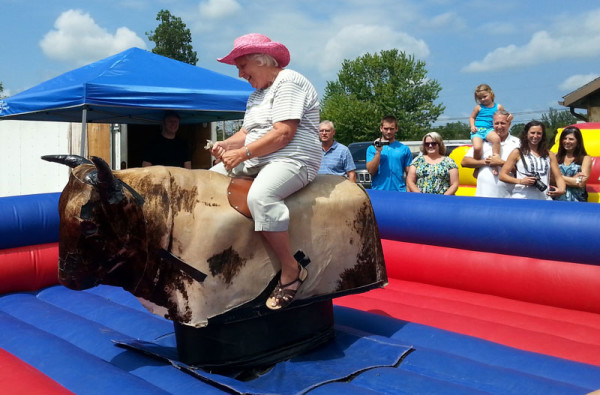
 Dates: January 3-10, 2015.
Dates: January 3-10, 2015.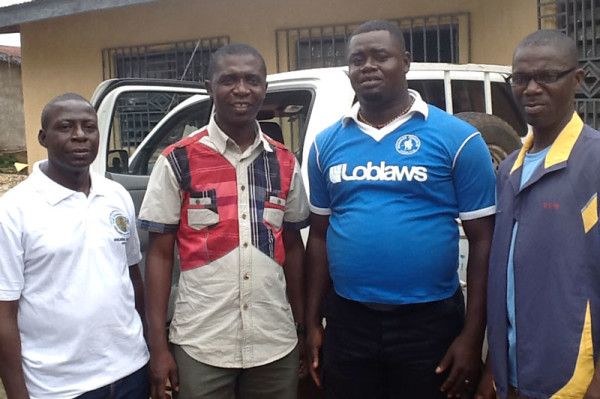
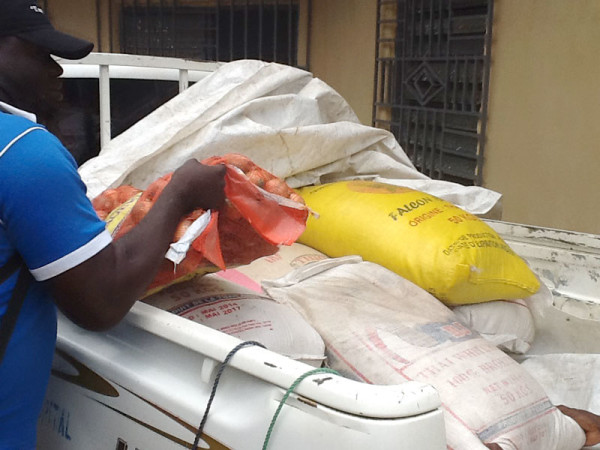
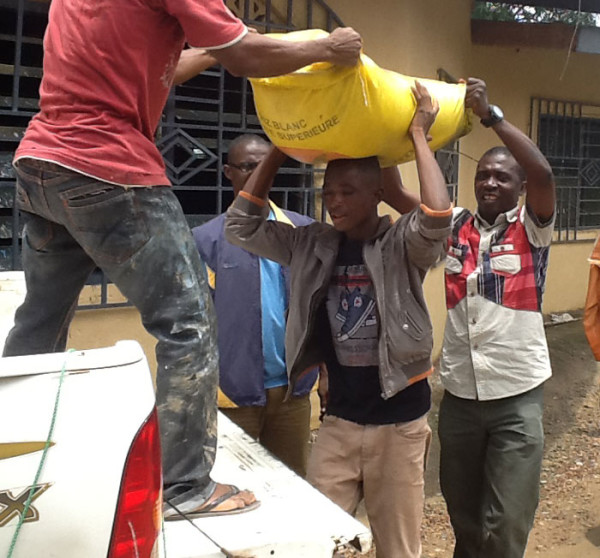
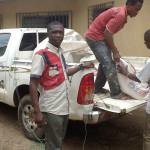
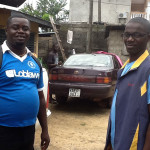
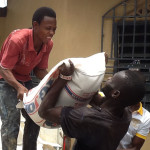
 Steve Smith, senior pastor of Lake View UB church (Camden, Mich.) is undergoing heart surgery on Tuesday, Aug 26, at the University of Michigan Cardio Vascular Center. He has congestive heart failure. He says he will undergo a new form of cardio ablation which has not yet been approved for practice in the United States, though it has been used with good success in Europe and Canada.
Steve Smith, senior pastor of Lake View UB church (Camden, Mich.) is undergoing heart surgery on Tuesday, Aug 26, at the University of Michigan Cardio Vascular Center. He has congestive heart failure. He says he will undergo a new form of cardio ablation which has not yet been approved for practice in the United States, though it has been used with good success in Europe and Canada.